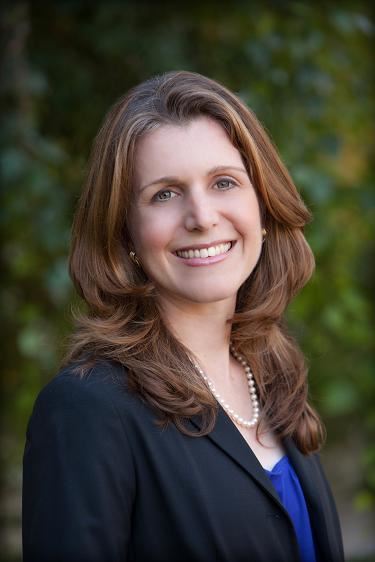As I write this, hospitals in Los Angeles are overwhelmed. A large hospital system will not admit individuals with Do Not Resuscitate orders. Another is not performing organ transplant surgeries. The moment is bleak and I worry for our older parents and all those who may not get the care they need.
Throughout this period, I have been asking myself ,“Are we okay right now?” I ask this question in the context of my home life, and I ask it as leader in the Jewish community.
When we think of big Jewish questions, they are usually focused on key concerns related to the Jewish future, preserving our heritage, the cost of Jewish participation, issues facing Jews across the globe and Israel’s safety and security. The assumption is that most of us, right here and right now, are okay. We routinely define our priorities framed by what we owe the past through preserving our religion, culture and values or what we need to do to secure the Jewish future.
Except now, in the present – suffering. The crisis is not happening to someone else, somewhere else. It is happening to us in our homes. Families with young children are balancing school, childcare and work. Our kids missed camp, graduation or freshman year. Friends and family spent holidays alone, deferred dreams or have yet to hold a new grandchild. Older members of our community are aware that they don’t have that many years left and wonder how much of this precious time they will spend isolated in their homes. And this does not begin to describe those who have faced illness, economic uncertainty or the loss of a loved one.
In order to be “more okay” in this very difficult moment, we have turned to community. In addition to crucial emergency assistance, we have sought culture, creativity and learning. Paradoxically, in this time of physical separation, we have found one another on myriad video meeting platforms. Where I work at American Jewish University (AJU), we have had over 60,000 registrations for our online events spanning every topic from Torah to politics to sex to sourdough – all through a Jewish lens. Record numbers of people are signing up for Hebrew classes or participating in our Introduction to Judaism Classes.
AJU, Jewish communal organizations and synagogues across the country are offering hope, meaning, purpose, connection and comfort in Jewish teachings, culture and values. In a time of societal unrest and polarization, we’re exploring themes of justice and activism through the voice of our tradition.
As the vaccine slowly rolls out and life begins to return to normal, I would suggest that we look at ourselves with new eyes. Maybe the time has come to re-examine the paradigm of the American Jewish community. Yes, we are the donors, leaders and sustainers for our communities and beyond. We have fought for years to make sure that Jews around the world had support and the opportunity to practice Judaism on their own terms. We dedicate ourselves to young Jews to make sure that they are at the table as older adults.
We should continue our leadership on behalf of those in need and the Jewish future. At the same time, we need to acknowledge that we too are vulnerable – and have been for a while. We are living in a period of rapid technological, economic and demographic change. Before the onset of the pandemic, Americans reported unprecedented levels of loneliness and isolation.
As we return to in-person gatherings, instead of dismantling the “stay at home” infrastructure we’ve built, we should amplify it. During the pandemic we offered free or affordable Jewish programing to all who desired to participate. Over the past nine months we quickly overcame barriers to entry including geography and membership. We empowered members of our community to bring Jewish practice into their homes with tutorials and guides. As donors we can fund organizations that keep meaningful live Jewish content online. As leaders we can seize the opportunity to reach larger swaths of American Jews through engaging virtual classes and experiences.
Moving forward, let us continue to invest in the Jewish present. The current crisis has shown that connection, community, belonging and learning can make our lives better. Not for someone else, somewhere else at some future point, but right now, for us.

Get To Know The Author
WHP Alum Catherine Schneider (Los Angeles 05) is Vice President for Advancement and Chief Development Officer at American Jewish University.
